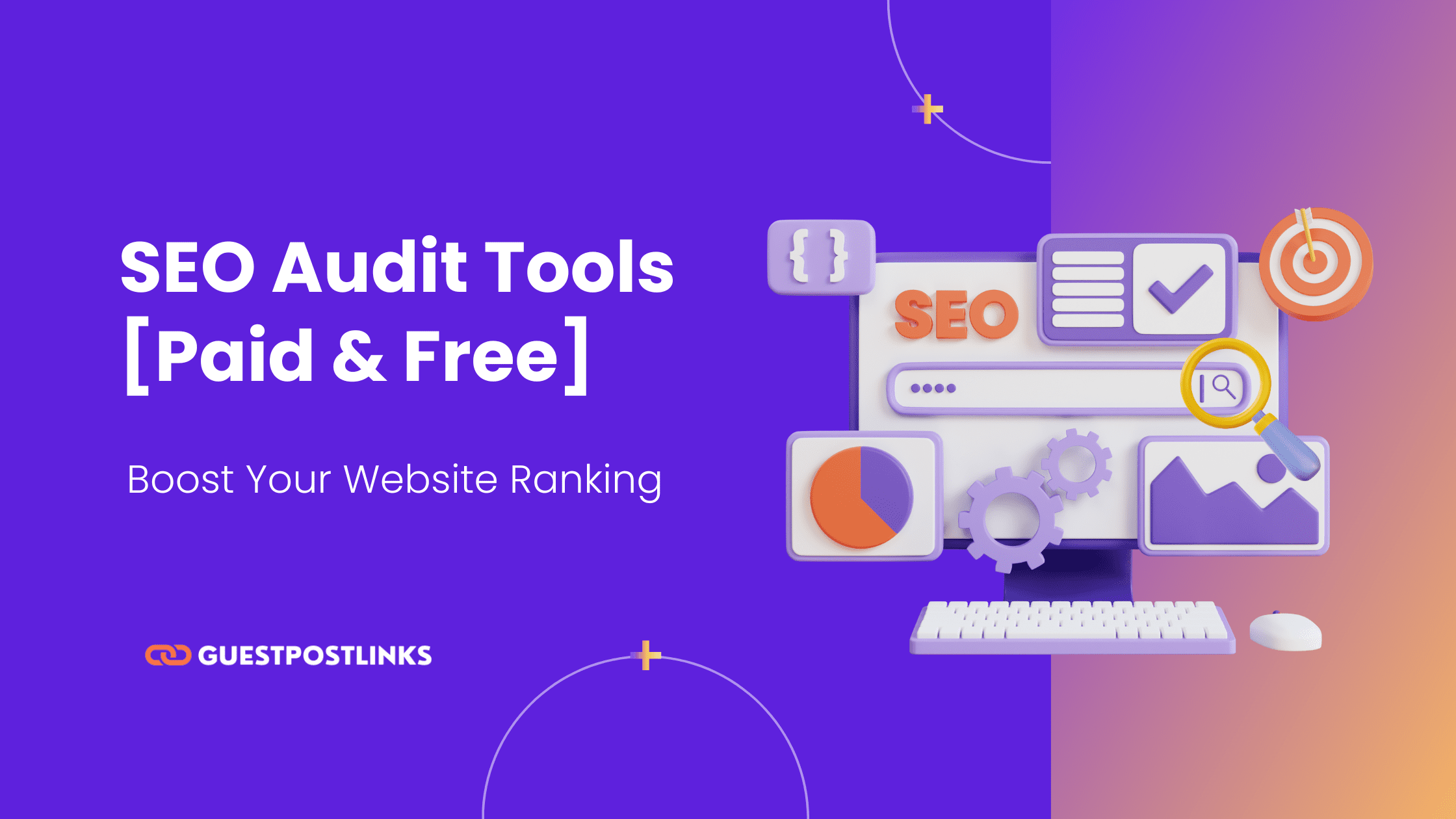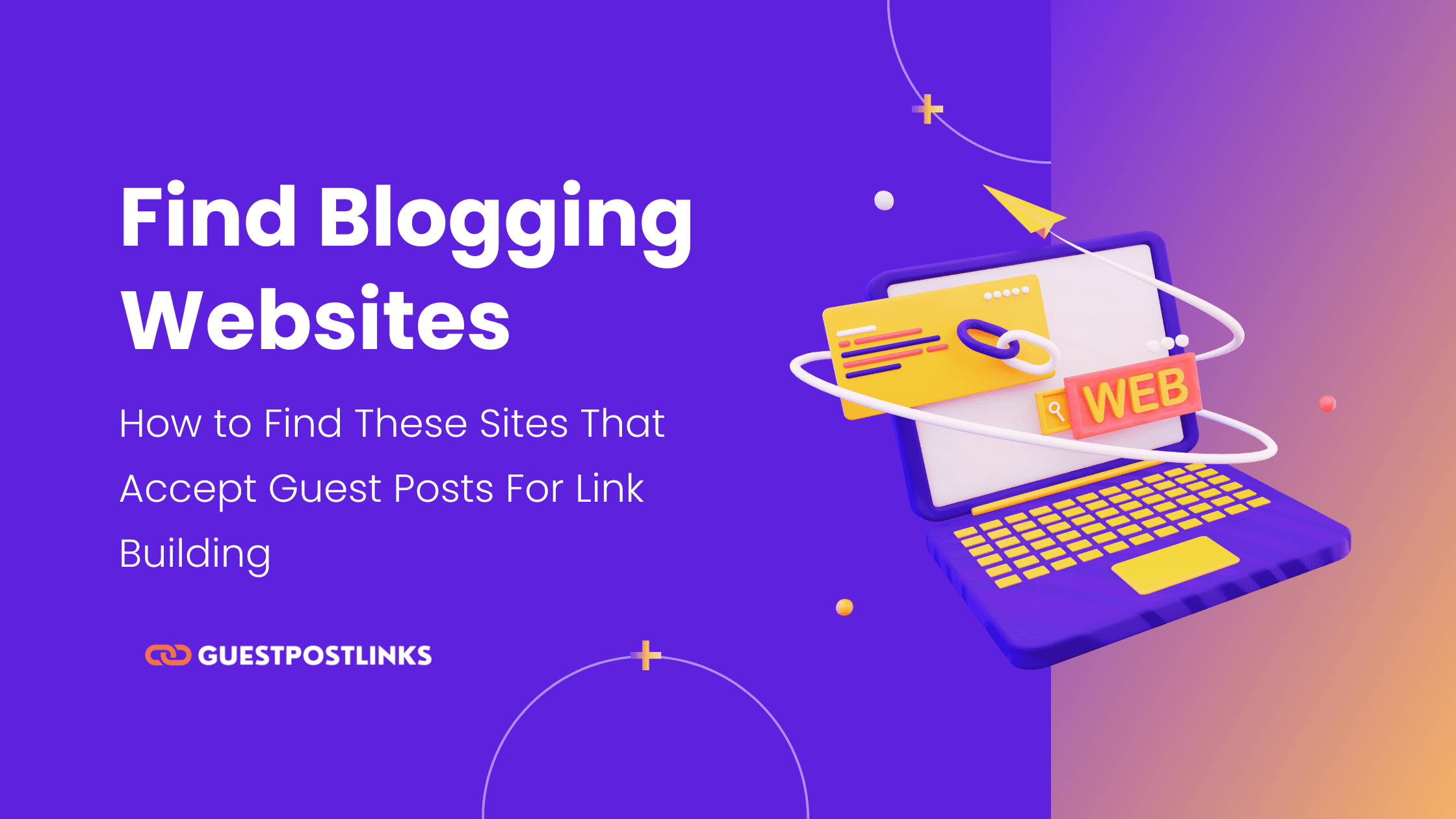What is Content Marketing? A Comprehensive Guide for 2024

In today’s digital world, content marketing has become a cornerstone of successful marketing strategies. By providing valuable and relevant content to your target audience, you can build trust, establish authority, and drive profitable customer action.
In this comprehensive guide, we’ll explore what content marketing is, why it’s important, various types of content marketing, how it works, and tips to get started.
What is Content Marketing?
Content marketing is a strategic approach to marketing that revolves around creating and distributing high-quality, valuable, and relevant content. Unlike traditional advertising, content marketing focuses on delivering information, entertainment, or insights that engage and educate the audience, ultimately building a relationship with potential customers.
Through content marketing, brands aim to attract, engage, and retain their target audience, leading to increased brand awareness, customer loyalty, and conversions.
Why is Content Marketing Important?
Content marketing plays a vital role in achieving marketing success for several reasons:
Building Brand Awareness
By consistently delivering valuable content, you can increase your brand’s visibility and reach a wider audience.
For example, a beauty brand may create informative blog posts about skincare routines and tips, attracting readers who are interested in improving their skincare.
Establishing Authority
Content marketing allows you to position your brand as an industry expert. By sharing valuable insights, tips, and thought leadership content, you can build trust and credibility with your audience.
For instance, a digital marketing agency may create in-depth guides and case studies on various marketing tactics to establish themselves as a trusted authority in the industry.
Driving Organic Traffic
Well-optimized content can improve your website’s search engine rankings, leading to increased organic traffic. By incorporating relevant keywords, providing valuable information, and optimizing meta tags, you can attract visitors who are actively searching for solutions related to your industry.
For example, a travel blog that publishes comprehensive destination guides and travel tips can rank higher in search results and attract travelers seeking information about specific locations.
Engaging Your Audience
It enables you to engage and nurture your audience by providing content that addresses their needs, pain points, and interests. By consistently delivering valuable content, you can build a loyal community of followers who actively engage with your brand.
For example, a fitness brand may share workout routines, healthy recipes, and motivational stories on their blog and social media, encouraging their audience to participate and share their own fitness journeys.
Generating Leads and Conversions
By delivering relevant and valuable content, you can guide your audience through the customer journey and drive conversions. Educational content, case studies, and product comparisons can help prospects evaluate their options and make informed purchasing decisions.
For example, a software company may create detailed video tutorials and webinars showcasing the features and benefits of their product, helping potential customers understand its value and leading to increased conversions.
Types of Content Marketing
Content marketing comes in various forms, allowing you to cater to different audience preferences and consumption habits.
Here are some popular types of content marketing:
Online Content Marketing
This includes blog posts, articles, ebooks, whitepapers, and guides. By providing valuable information, insights, and tips, you can establish your brand as a go-to resource in your industry.
Social Media Content Marketing
Utilize social media platforms like Facebook, Twitter, LinkedIn, and Instagram to engage with your audience. Share compelling content such as informative infographics, engaging videos, and customer success stories to spark conversations and encourage social sharing.
Infographic Content Marketing
Infographics present complex information in a visually appealing and easily digestible format. They can simplify data, explain processes, or showcase statistics. Infographics are highly shareable and can drive traffic back to your website.
Blog Content Marketing
Maintaining an active blog allows you to consistently deliver valuable content to your audience. Blog posts can cover a wide range of topics, including industry trends, tips and tricks, product updates, and success stories. By optimizing your blog posts for search engines and incorporating relevant keywords, you can attract organic traffic and position your brand as an authoritative source of information.
Podcast Content Marketing
Podcasts provide an excellent platform for in-depth discussions, interviews, and storytelling. You can share industry insights, conduct interviews with experts, or showcase success stories. Podcasts offer a convenient and engaging way to connect with your audience while they are on the go.
For example, a marketing agency may host a podcast where they discuss the latest marketing trends, share strategies, and interview industry leaders.
Video Content Marketing
Videos are highly engaging and can be used for various purposes. Create informative tutorials, product demonstrations, behind-the-scenes footage, or customer testimonials. Video content allows you to convey emotions, demonstrate products, and build a personal connection with your audience.
Paid Ad Content Marketing
Paid ads can amplify the reach of your content and target specific audience segments. Utilize search engine advertising, social media ads, and sponsored content to reach a wider audience and drive targeted traffic to your website or specific landing pages.
How Does Content Marketing Work?
Content marketing operates within a three-stage funnel: Awareness, Consideration, and Closing.
Let’s explore each stage:
Awareness Stage
In this stage, your goal is to attract and engage a broader audience who may not be aware of your brand or the problem they are facing. Create content that addresses their pain points, piques their interest, and introduces your brand as a potential solution. This can include informative blog posts, engaging social media content, or captivating videos that grab their attention and encourage further exploration.
Consideration Stage
As prospects move through the funnel, they become more interested in finding a solution to their problem. In this stage, provide more detailed and informative content to help them evaluate their options. This can include in-depth guides, case studies, ebooks, or webinars that showcase your expertise and demonstrate how your product or service can address their specific needs.
Closing Stage
In the final stage, prospects are ready to make a purchase decision. Provide persuasive content that reinforces their trust in your brand and encourages them to take action. This can include customer testimonials, free trials, limited-time offers, or product demos that demonstrate the value and benefits of your offering. The goal is to alleviate any remaining doubts and guide them towards making a purchase.
How to Get Started with Content Marketing?
To successful content marketing journey, follow these steps:
Find Your Target Audience
Identify your ideal customers, understand their needs, preferences, and pain points to tailor your content effectively. Conduct market research, analyze customer data, and create buyer personas to guide your content creation.
Set SMART Goals
Define (SMART) specific, measurable, attainable, relevant, and time-bound goals to guide your content marketing strategy.
For example, your goal might be to increase website traffic by 20% within six months or generate 50 qualified leads per month.
Determine Your KPIs
Choose key performance indicators (KPIs) that align with your goals. These may include website traffic, engagement metrics (such as time on page or social shares), lead generation, conversion rates, or customer retention. Use analytics tools to track and measure your progress.
Determine the Right Formats
Based on your target audience’s preferences and your marketing objectives, select the most suitable content formats. Consider the types mentioned earlier and choose the ones that align with your brand and resonate with your audience.
Choose Your Content Channels
Identify the platforms and channels where your target audience is most active. Focus your efforts on those that align with your brand and objectives. It could be your website, blog, social media platforms, video-sharing platforms, or podcasting platforms.
Follow Best Practices
Create high-quality, valuable, and original content that resonates with your audience. Conduct keyword research and optimize your content for search engines to improve visibility. Use attention-grabbing headlines, compelling visuals, and storytelling techniques to capture and retain your audience’s attention.
Set a Budget
Allocate resources for content creation, distribution, and promotion. Consider investing in content creation tools, graphic design software, or paid advertising to maximize your content marketing efforts.
Create a Content Publishing Schedule
Develop a content calendar that outlines the topics, formats, and publishing dates. This ensures a consistent flow of content that aligns with your audience’s expectations and helps you stay organized.
Create and Distribute the Content
Develop compelling content based on your audience’s needs and preferences. Incorporate keywords naturally, provide valuable information, and use engaging visuals. Once created, distribute your content across relevant channels, including your website, blog, social media, and other platforms where your target audience spends their time.
Analyze and Measure Results
Continuously monitor and analyze your content’s performance. Use analytics tools to track website traffic, engagement metrics, lead generation, and conversion rates. Evaluate the data, identify patterns, and make data-driven decisions to refine your strategy and optimize your content for better results.
Also Read: Ultimate SEO Glossary: 499+ Essential SEO Terms You Need to Know!
Engage Your Target Audience With Content Marketing
Engagement is key to successful content marketing.
Here are some tips to enhance audience engagement:
- Encourage social sharing and comments on your content by incorporating social sharing buttons and providing clear calls-to-action.
- Respond promptly to audience inquiries and comments to foster a sense of community and build relationships.
- Use storytelling techniques to captivate and connect with your audience emotionally. Tell compelling stories that resonate with their experiences, aspirations, or pain points.
- Incorporate interactive elements like quizzes, polls, and surveys to encourage active participation and gather feedback from your audience.
- Personalize your content to make it relevant and relatable to individual audience segments. Tailor your messages, examples, and storytelling to address their unique needs and preferences.
- Incorporate visual elements like images, videos, and infographics to enhance the appeal and shareability of your content. Visuals can make your content more engaging and memorable.
Conclusion
Content marketing is a powerful strategy that allows you to attract, engage, and convert your target audience. By creating valuable, relevant, and high-quality content, you can establish your brand as an industry authority, drive organic traffic, and nurture long-term relationships with your customers.
FAQs
What do you mean by content marketing?
Content marketing is a strategic marketing approach that involves creating and distributing valuable and relevant content to attract, engage, and retain a specific target audience. It focuses on building relationships and trust with potential customers, ultimately driving profitable actions.
What are examples of content marketing?
Examples of content marketing encompass a wide range of formats and platforms. Some common examples include blog posts, social media content, infographics, podcasts, videos, ebooks, case studies, whitepapers, webinars, and email newsletters.




